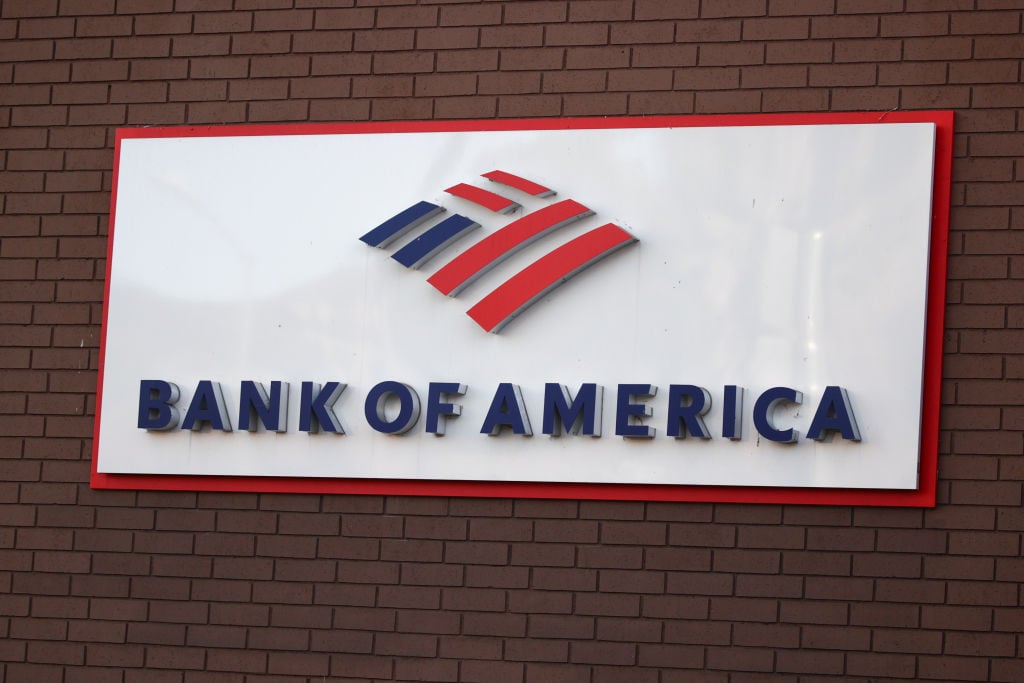As we endeavor to fulfill the promises we make to ourselves each time a new year dawns, I am reminded of the Classical Greek recipe for health: a sound mind in a sound body. You are responsible for the physical part, but Fools constantly join forces to stretch their minds through the open exchange of ideas.
Accordingly, I ask only for your openness as I explain why I have selected Bank of America (NYSE:BAC) as my nomination for the worst stock for 2010.
The compulsion to recuperate investment losses supports an understandable level of optimism that the financial crisis may have peaked, that recovery is well underway, and that shares of major financial conglomerates like Bank of America have now rejoined the ranks of suitable investment vehicles. Countless politicians and media outlets certainly appear eager to promote such a perspective.
I submit that available evidence does not support that common set of assumptions, and I reiterate my longstanding concern for investors heavily exposed to the financial sector.
Not really investment-grade
Speculation within the financial realm refers to the more risk-laden avenues to possible gains (or losses), and like some small portion of speculative plays will do, Bank of America shares have seen more than a 500% nominal increase from the worst levels of 2009. Meanwhile, along with the oft-forgotten rounds of shareholder dilution, obstacles to profitability and stability appear as numerous today as they were when my colleague Alex Dumortier nominated Bank of America as the worst stock for 2009. Unprecedented fiscal interventions and stimulative injections have helped to spur shares along during 2009, but I see indications that 2010 will see a return to valuations that finally take risk and structural impairment into proper account.
Non-financial definitions of speculation focus more on the role of conjecture or incomplete evidence in rendering an opinion. In this broader sense of the term, exposure to Bank of America shares equates to speculation because it ignores an overwhelming body of evidence pointing to a broad continuation of the financial crisis, specifically:
- The wiggle-room afforded to financial institutions in calculating the carrying value of illiquid derivative "assets" continues to mask the true scale of financial impairment from the eyes of investors.
- The $600 trillion global market for derivatives has not changed structurally since we witnessed the historic near-demise of insurers like AIG (NYSE:AIG) and monoline specialists like Ambac Financial (NYSE:ABK).
- Ratings agencies can't be trusted to appropriately gauge risk. The historical record on this point speaks for itself.
- From its inception, I have viewed TARP as a mass distraction from the much larger scale of total backstops, asset transfers, and liquidity injections afforded to financial corporations. Although Bank of America has repaid $45 billion to TARP, and terminated a $118 billion backstop, the Federal Reserve has not abandoned its goal to purchase $1.25 trillion in mortgage-backed securities by March 2010.
- Credit risk has not bottomed. Rising foreclosure rates, credit card delinquency rates, persistent distress in the labor market, and deterioration in commercial real estate loans tell a staunchly contrarian story.
- A full decade of gargantuan budget deficits -- combined with an assurance by precedent that unlimited sums of capital will be allocated or printed as required to forestall further deleveraging -- makes further expansion of fiscal imbalances an extremely plausible scenario.
- The U.S. dollar hasn't a fundamental leg to stand on. Frankly, expectations for long-term stability of purchasing power from the world's de-facto reserve currency simply overlook a preponderance of evidence to the contrary.
- In short, I view sustainable recovery in the U.S. financial sector as a fantastical fairy tale based upon forestalled deleveraging. Only time can confirm my claim, but increasing consumer loan losses revealed last week by JPMorgan Chase (NYSE:JPM) continue to point in an unfortunate direction.
Why single out Bank of America?
The evidence cited above is common to the financial sector at large, and has ramifications for other sectors including homebuilders like Toll Brothers (NYSE:TOL) or Pulte Homes (NYSE:PHM). If consumer discretionary spending contracts as I foresee, my 2009 selection of Best Buy (NYSE:BBY) could become the worst buy. But I have simple reasons for singling out Bank of America as the worst of the worst.
As I look back, no company in my view matches the pure abandon with which growth initiatives proceeded even as the wheels fell off the housing sector. Late in 2007, the company aggressively expanded its loan portfolios with ramped-up exposure to consumer and commercial loans, and pounced upon Countrywide Financial with its mountain of toxic mortgages. Just a few months later, the company's private proposal to Congress requesting a $739 billion bailout for the industry became public. The baffling disconnect between such actions, and a nearly simultaneous plea for help, invited speculation to connect the dots. Prior to the collapse in share prices, I issued a dire warning to Fools to run to the nearest exit.
These many months later, I see a management structure that has been shaken but not stirred. I see a scale of exposure to toxic assets that has only been exacerbated by the ill-fated Merrill Lynch acquisition, and I take note of an exceedingly accommodative fiscal environment combined with bearish macroeconomic indicators that virtually guarantee another round of deleveraging in the making. Add to this the specter of a proposed punitive tax that would place Bank of America on the hook for about 22% of estimated 2010 earnings, and Bank of America shares are simply unfit for risk-averse capital.
If you are more attuned to the facts on the ground than the word on the street, then cast your vote for Bank of America as the worst stock of 2010, and share your perspectives in the comments section below.
What do you think is the worst stock for 2010? See the rest of our contenders and cast your vote!








